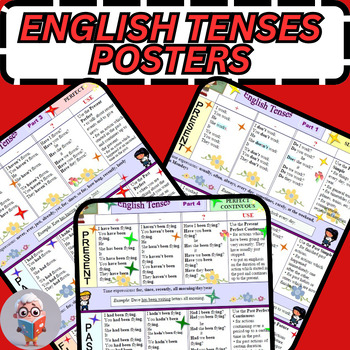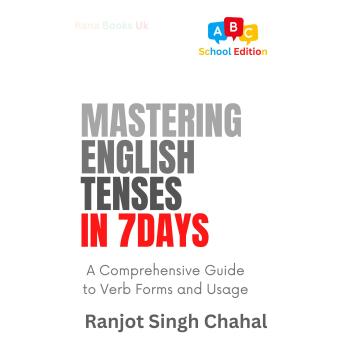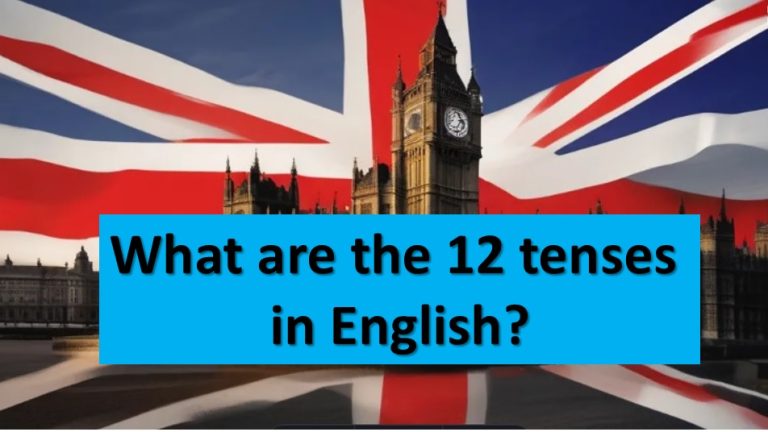Mastering Tenses: A Complete Information For Class 8 College students
Mastering Tenses: A Complete Information for Class 8 College students
Associated Articles: Mastering Tenses: A Complete Information for Class 8 College students
Introduction
On this auspicious event, we’re delighted to delve into the intriguing matter associated to Mastering Tenses: A Complete Information for Class 8 College students. Let’s weave fascinating info and supply recent views to the readers.
Desk of Content material
Mastering Tenses: A Complete Information for Class 8 College students

Understanding tenses is essential for efficient communication in English. Tenses enable us to specific when an motion happened, is going down, or will happen. This text gives an in depth rationalization of the most important tenses, full with examples and workouts to assist Class 8 college students solidify their understanding. We’ll cowl the current, previous, and future tenses, exploring their numerous kinds and nuances.
I. The Current Tense:
The current tense describes actions taking place now, habits, basic truths, and future occasions which can be deliberate or sure. It has three fundamental kinds:
A. Easy Current Tense:
This tense is used for:
- Habits and routines: I go to high school every single day. She eats breakfast at 7 am.
- Basic truths: The solar rises within the east. Water boils at 100 levels Celsius.
- Everlasting states: He lives in London. They personal a big home.
- Scheduled future occasions (typically with time expressions): The prepare leaves at 3 pm. The film begins tomorrow.
Formation:
- Affirmative: Topic + Base Verb (add -s/-es for third-person singular – he, she, it). Instance: He performs cricket. She goes to the market.
- Unfavourable: Topic + do/does + not + Base Verb. Instance: I don’t (do not) play soccer. She doesn’t (does not) like spicy meals.
- Interrogative: Do/Does + Topic + Base Verb? Instance: Do you want pizza? Does he communicate French?
B. Current Steady Tense:
This tense describes actions taking place for the time being of talking. It additionally expresses actions taking place round now, however not essentially at this very second. It may additionally describe future plans.
Formation:
- Affirmative: Topic + am/is/are + Verb + -ing. Instance: I am studying a e book. She is taking part in the piano. They are watching TV.
- Unfavourable: Topic + am/is/are + not + Verb + -ing. Instance: I am not studying a e book. She will not be taking part in the piano. They aren’t watching TV.
- Interrogative: Am/Is/Are + Topic + Verb + -ing? Instance: Am I disturbing you? Is she singing? Are they coming?
C. Current Good Tense:
This tense describes actions accomplished at an unspecified time prior to now. It connects the previous and the current. It typically makes use of time expressions like ever, by no means, already, but, since, for.
Formation:
- Affirmative: Topic + has/have + Previous Participle. Instance: I have completed my homework. She has eaten lunch. They have seen the film.
- Unfavourable: Topic + has/have + not + Previous Participle. Instance: I haven’t (have not) completed my homework. She has not (hasn’t) eaten lunch. They haven’t (have not) seen the film.
- Interrogative: Has/Have + Topic + Previous Participle? Instance: Have you ever been to Paris? Has she accomplished the mission?
II. The Previous Tense:
The previous tense describes actions that occurred at a selected time previously. It additionally describes accomplished actions.
A. Easy Previous Tense:
This tense describes accomplished actions previously.
Formation:
- Common Verbs: Topic + Base Verb + -ed/-d. Instance: I walked to high school. She performed the guitar. They studied onerous.
- Irregular Verbs: These verbs have irregular previous tense kinds (e.g., go – went, eat – ate, see – noticed). It’s good to memorize these.
- Unfavourable: Topic + did + not + Base Verb. Instance: I didn’t (did not) go to the celebration. She didn’t (did not) eat the cake.
- Interrogative: Did + Topic + Base Verb? Instance: Did you benefit from the film? Did she end her work?
B. Previous Steady Tense:
This tense describes actions that had been in progress at a selected time previously.
Formation:
- Affirmative: Topic + was/had been + Verb + -ing. Instance: I was taking part in soccer at 5 pm. They had been watching a film.
- Unfavourable: Topic + was/had been + not + Verb + -ing. Instance: I was not (wasn’t) taking part in soccer. They weren’t (weren’t) watching a film.
- Interrogative: Was/Had been + Topic + Verb + -ing? Instance: Was he sleeping? Had been they singing?
C. Previous Good Tense:
This tense describes an motion accomplished earlier than one other motion previously.
Formation:
- Affirmative: Topic + had + Previous Participle. Instance: I had completed my homework earlier than he arrived. She had eaten dinner once I known as.
- Unfavourable: Topic + had + not + Previous Participle. Instance: I had not (hadn’t) completed my homework. She had not (hadn’t) eaten dinner.
- Interrogative: Had + Topic + Previous Participle? Instance: Had you seen the film earlier than? Had she accomplished the task?
III. The Future Tense:
The longer term tense describes actions that may occur sooner or later.
A. Easy Future Tense:
This tense expresses future actions.
Formation:
- Affirmative: Topic + will/shall + Base Verb. Instance: I will go to the park tomorrow. She will go to her grandmother.
- Unfavourable: Topic + will/shall + not + Base Verb. Instance: I is not going to (will not) go to the celebration. She is not going to (will not) go to her grandmother.
- Interrogative: Will/Shall + Topic + Base Verb? Instance: Will you come to my celebration? Will she assist me?
B. Future Steady Tense:
This tense describes actions that shall be in progress at a selected time sooner or later.
Formation:
- Affirmative: Topic + will/shall + be + Verb + -ing. Instance: I shall be taking part in soccer tomorrow. She shall be finding out for her examination.
- Unfavourable: Topic + will/shall + not + be + Verb + -ing. Instance: I is not going to (will not) be taking part in soccer. She is not going to (will not) be finding out.
- Interrogative: Will/Shall + Topic + be + Verb + -ing? Instance: Will you be working tomorrow? Will she be attending the assembly?
C. Future Good Tense:
This tense describes an motion that shall be accomplished earlier than a selected time sooner or later.
Formation:
- Affirmative: Topic + will/shall + have + Previous Participle. Instance: I can have completed my homework by 6 pm. She can have accomplished the mission by Friday.
- Unfavourable: Topic + will/shall + not + have + Previous Participle. Instance: I is not going to (will not) have completed my homework. She is not going to (will not) have accomplished the mission.
- Interrogative: Will/Shall + Topic + have + Previous Participle? Instance: Will you may have completed your work by then? Will she have arrived by midday?
Workout routines:
- Write 5 sentences utilizing the straightforward current tense.
- Write 5 sentences utilizing the current steady tense.
- Write 5 sentences utilizing the current good tense.
- Write 5 sentences utilizing the straightforward previous tense.
- Write 5 sentences utilizing the previous steady tense.
- Write 5 sentences utilizing the previous good tense.
- Write 5 sentences utilizing the straightforward future tense.
- Write 5 sentences utilizing the long run steady tense.
- Write 5 sentences utilizing the long run good tense.
This complete information gives a robust basis for understanding and utilizing tenses in English. Constant follow and software are key to mastering these grammatical ideas. Bear in mind to seek the advice of your textbook and instructor for additional clarification and extra workouts. Good luck!







.png)
Closure
Thus, we hope this text has supplied precious insights into Mastering Tenses: A Complete Information for Class 8 College students. We thanks for taking the time to learn this text. See you in our subsequent article!